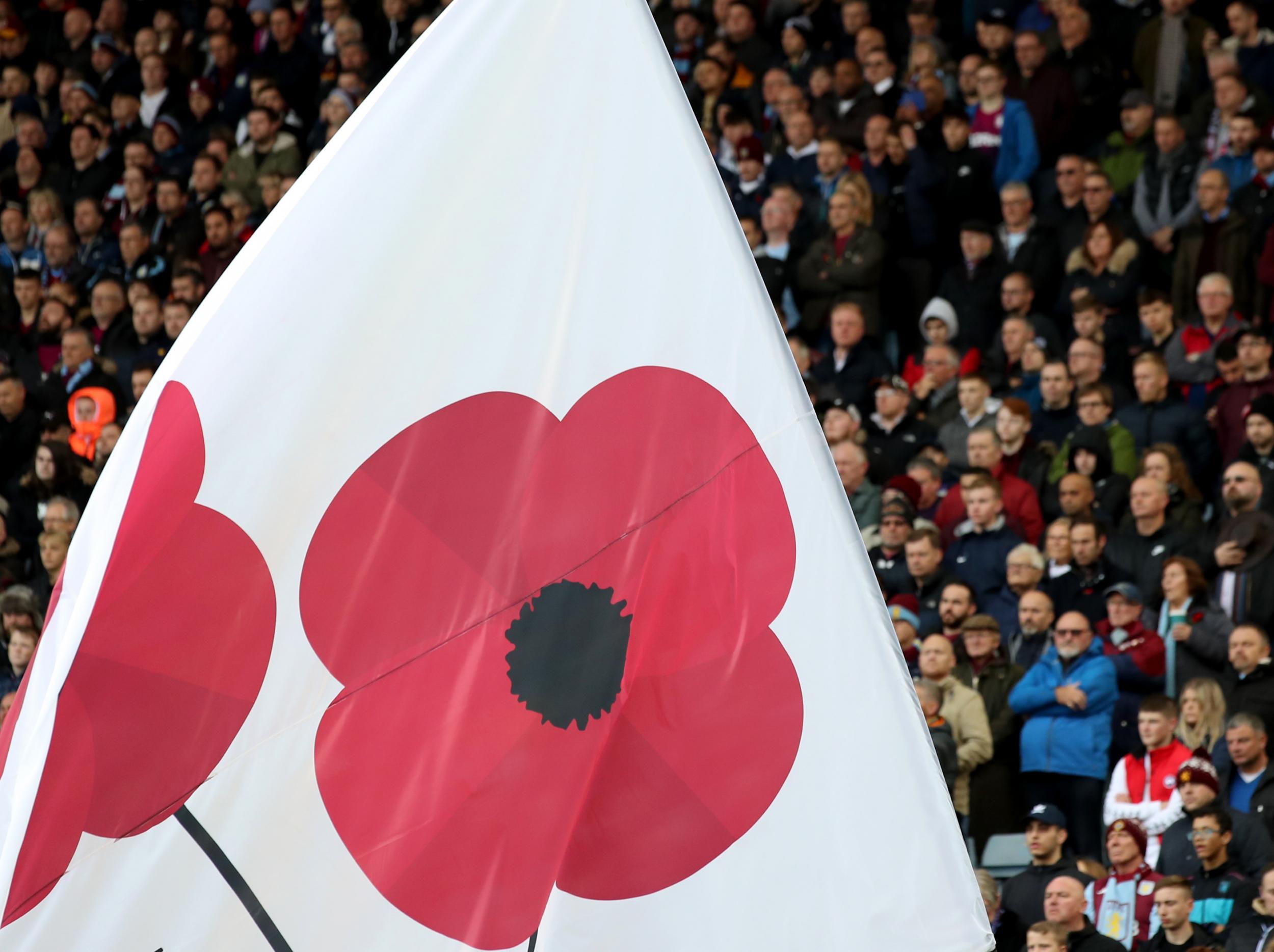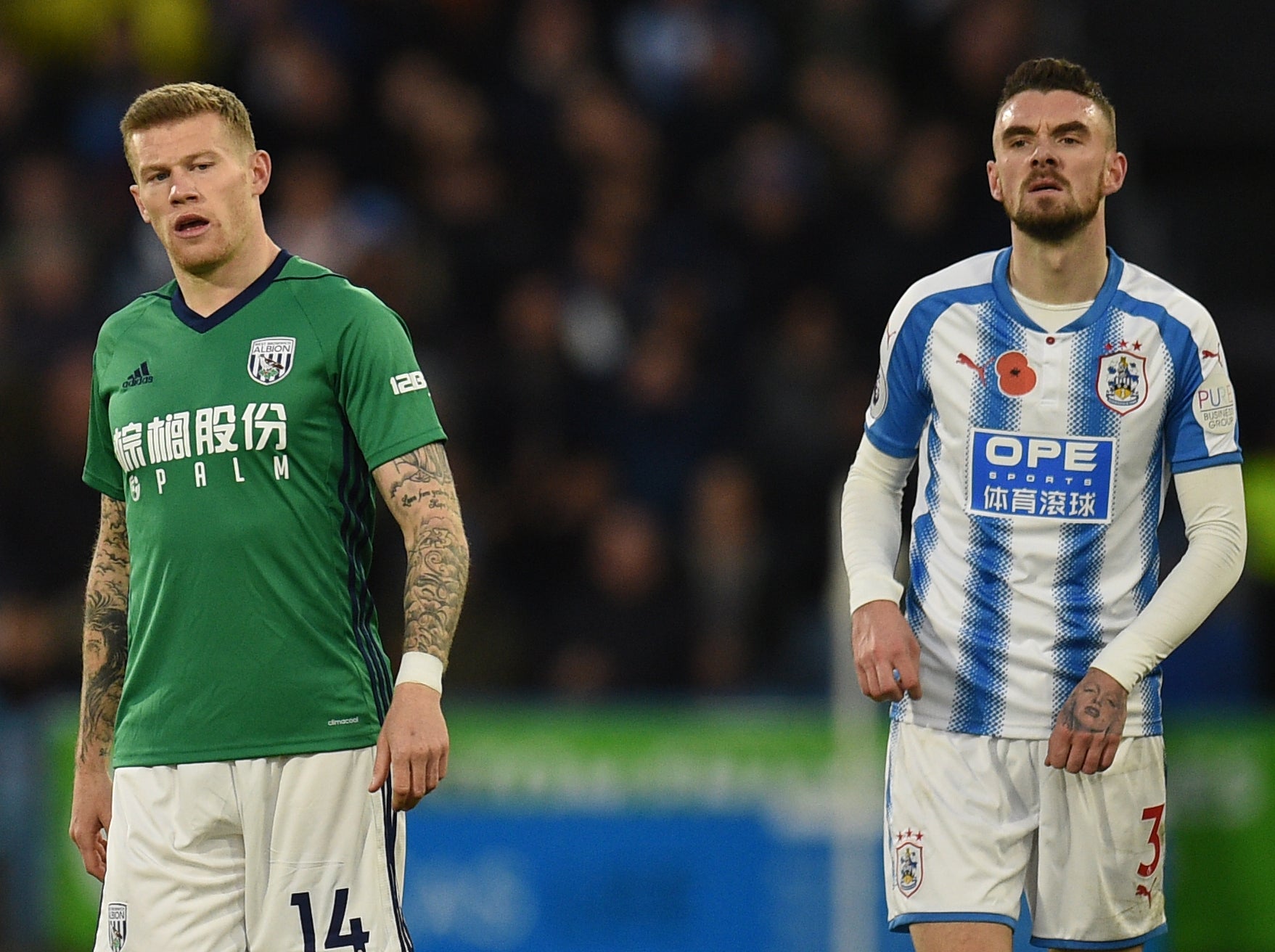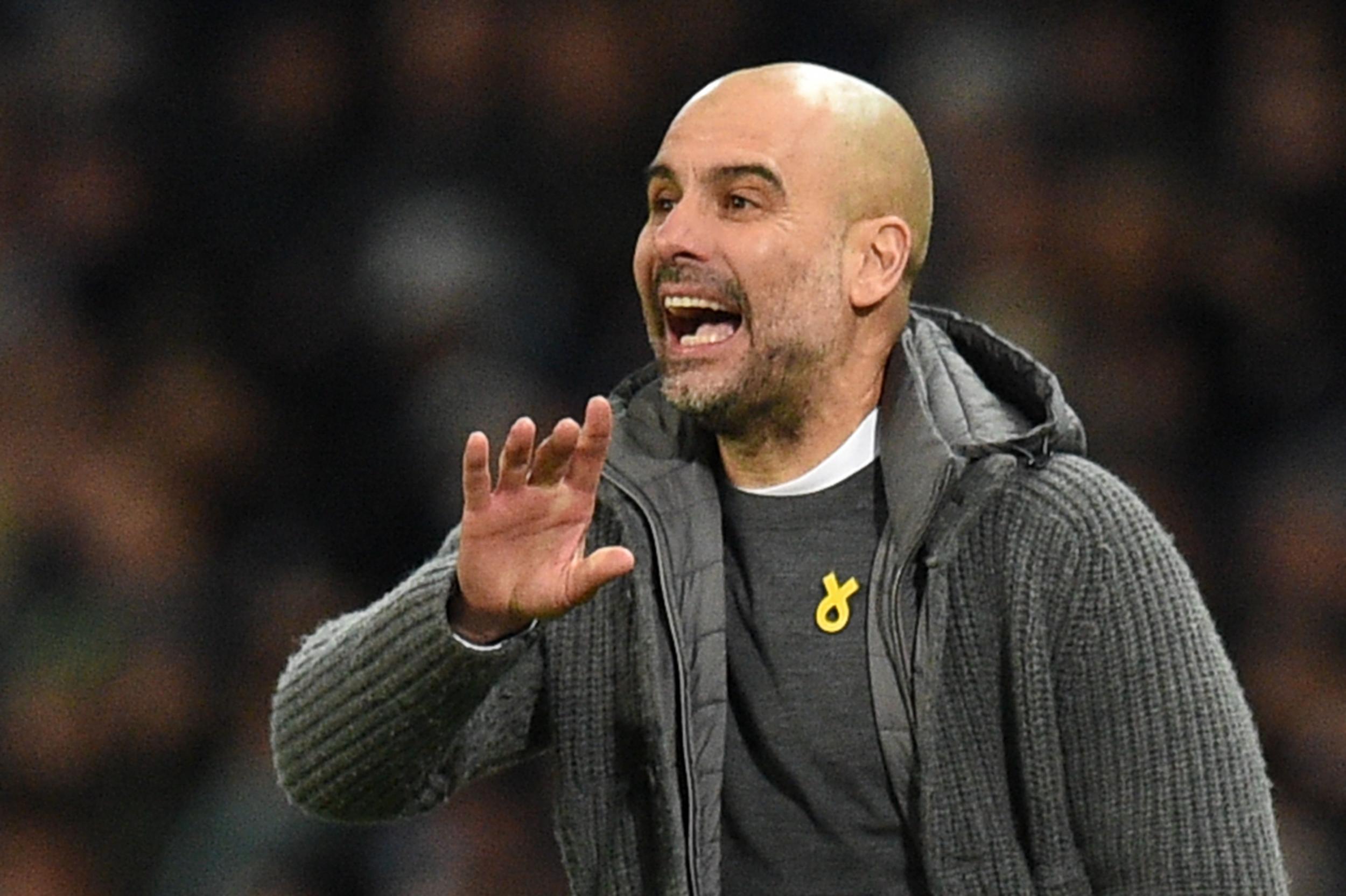Why James McClean will never wear a poppy – and nobody else should be made to, either
The minute’s silences around the country are an important part of the tradition, culture and history of the nation, but those who choose not to wear one should be listened to

Your support helps us to tell the story
From reproductive rights to climate change to Big Tech, The Independent is on the ground when the story is developing. Whether it's investigating the financials of Elon Musk's pro-Trump PAC or producing our latest documentary, 'The A Word', which shines a light on the American women fighting for reproductive rights, we know how important it is to parse out the facts from the messaging.
At such a critical moment in US history, we need reporters on the ground. Your donation allows us to keep sending journalists to speak to both sides of the story.
The Independent is trusted by Americans across the entire political spectrum. And unlike many other quality news outlets, we choose not to lock Americans out of our reporting and analysis with paywalls. We believe quality journalism should be available to everyone, paid for by those who can afford it.
Your support makes all the difference.At 8pm every night, a bugler plays the Last Post at the Menin Gate in Ypres. The arch straddles the road into the Belgian town and it bears the names of 54,605 British and Commonwealth soldiers who were killed in the area in the First World War and whose remains were never identified. When the bugle slices through the silence the effect is electrifying. Tears prick the eyes.
It is hard to comprehend how many people the lists on the monument represent. One easy way to get a grasp of the numbers will be to look around Anfield on Sunday when Liverpool play Manchester City and imagine that everyone in the stadium – and a few hundred more – disappear without trace, blasted to bits or their bodies sucked into cloying mud. It is a sobering thought and the pre-game minute’s silence for Armistice Day offers a chance to reflect on the enormity of the war that created the poppy as one of the country’s most recognisable symbols.
Other monuments are easier to grasp. The Bloody Sunday memorial in Derry’s Bogside bears only 14 names. What is mindboggling is that on the streets of this – like it or not – British city, members of the armed forces gunned down unarmed fellow citizens in 1972. The mass funeral for 13 victims – the fourteenth died of his injuries later – took place in St Mary’s church in Creggan, a few hundred yards from where James McClean grew up. The Stoke City midfielder has become a hate figure in some circles for his refusal to wear a poppy on his shirt. Every year, as October turns into November, McClean becomes the focus of anger. He is accused of showing a lack of respect.
The obsession with wearing poppies is a relatively new development, both in football and everyday life. It is only in the past decade or so that the emblem has changed from being associated with grief, loss and remembrance to a crossover fashion/political statement.
The flower now adorns the shirts of our football teams. Enamel badges that incongruously twin poppies with club crests are available. Television personalities wear jewelled, sparkly versions that get bigger and flamboyant by the year. As the political discourse has become more poisonous, the intolerance towards people who do not wear poppies has grown – especially those in the public eye, like McClean.

Football has pandered to this and does not seem to have grasped the absurdity of the situation. Jurgen Klopp wore a poppy last week at Villa Park. The Liverpool manager may well consider it important to pay tribute to Britain’s fallen soldiers – and the British Legion’s charity appeal widens the significance of the poppy from the First World War to every subsequent conflict. But it is almost comedic to see a German wearing one given the history between the two countries. This is no criticism of Klopp. He, and other foreign managers and players, are told they have to wear poppies and they have enough to worry about without any extra controversy. But the ‘anything for an easy life’ reasoning undermines the original ethos of poppies. The ‘when in Rome’ argument does not cut it in these circumstances.
Premier League clubs have been auctioning match-worn, poppy adorned shirts for the past seven years and the money provides a welcome boost for the Royal British Legion charity. The problem is that using the cash raised to help veterans politicises the fundraising. McClean could not countenance any involvement in generating funds that could go to a former solider who fired into the crowd in Derry. Sergio Aguero and the Argentinian contingent around the division might privately blanch at the thought of honouring those who fought against their country in the Falklands Conflict. Nemanja Matic may recall the British role in the Balkans conflict: Serbian resentment towards NATO troops is still strong. Even players from former colonies could feel a little queasy. Realistically they will shrug, say ‘who cares’ and move on. But like it or not, the poppy is political.
The FA tied themselves up in knots justifying putting the symbol on the England kit. Last year Pep Guardiola was charged for wearing a yellow ribbon in support of jailed Catalan leaders. Martin Glenn, the former chief executive of the ruling body, said, “poppies are not political symbols; that yellow ribbon is.” There has probably never been a greater example of British arrogance, ignorance and high-handedness. No wonder people around the world accuse us of hypocrisy. Glenn should have spoken to McClean. He might have learnt something.
This is not an attack on people who wear poppies. It is important to recall the nightmare of the past. The minute’s silences around the country are an important part of the tradition, culture and history of the nation. Players who want a poppy on their shirts should wear them with pride.

But the poppy is a British tradition. There is no reason for foreigners to sport the symbol. If they do not care whether or not it is on their shirt, then it undermines the reason for putting it there. It is no longer a matter of respect. Those who choose not to wear one should be listened to and their viewpoint honoured.
If we continue like this, the poppy will become just another nationalist symbol. Many of those named on the Menin Gate would turn in their graves if that happened – if those poor souls even had one to turn in.